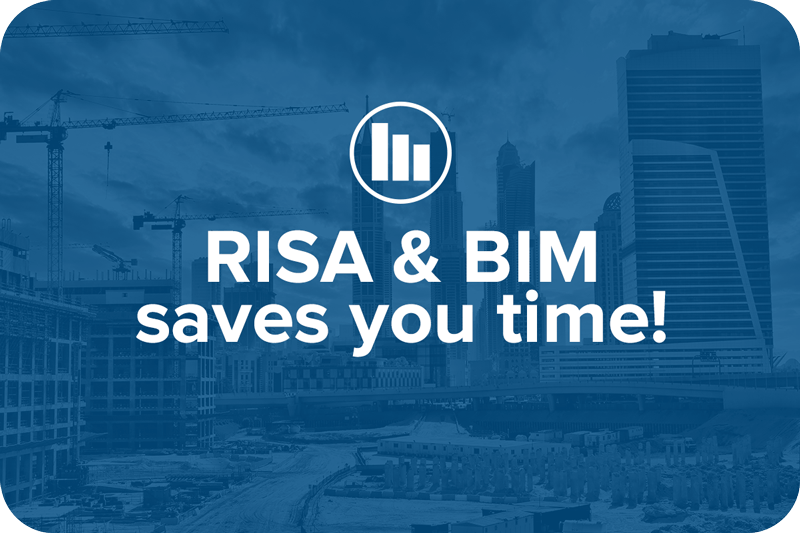5 Steps to Becoming a Structural Engineer
Structural engineering is a branch of civil engineering that deals with...

There are many things professional structural engineers can do early in their education and career to set themselves up for success. With that in mind, the engineers at RISA have put our heads together to come up with our “30 under 30 list”. These are 30 suggestions for young structural engineers before turning 30.
Are you already over 30? It’s not too late! Some of these suggestions can still be used by structural engineers at any stage of their career. For example #6, RISA offers live and on-demand webinars. These webinars offer PDH credits and you can learn more or even sign up here.

Structural engineering is a branch of civil engineering that deals with...

Engaging in STEM outreach is one of the most impactful ways we can...

In the realm of construction and architecture, the role of structural...